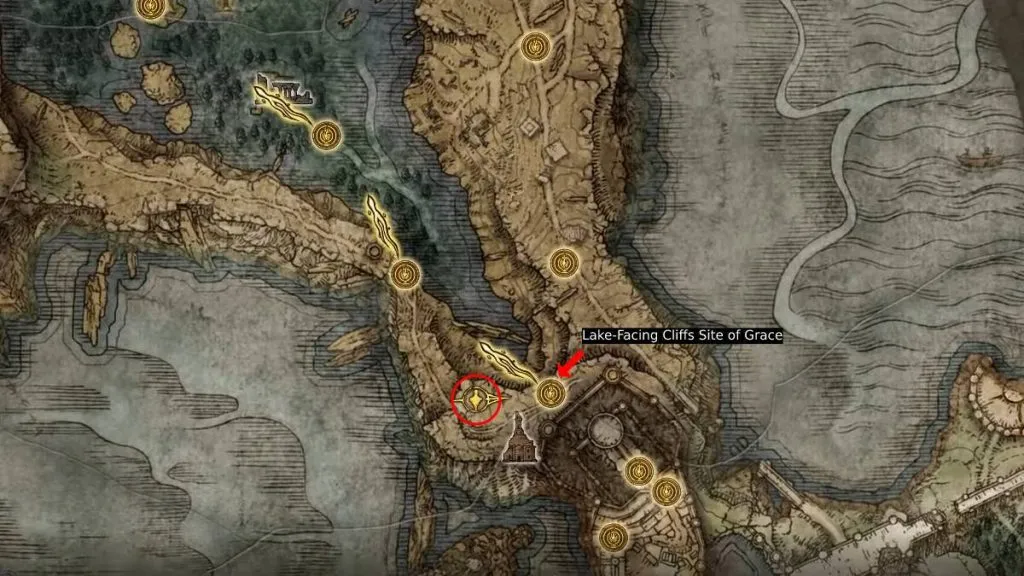2,500 years ago, the world was a very different place. Greek philosophers roamed the earth, pondering the mysteries of the universe. They believed that everything was interconnected, united as a single entity. This idea, while intriguing, posed several challenges. Fortunately, one man, Democritus, dared to challenge the status quo and propose a new theory – the theory of atoms.
Table of Contents
Democritus and the Trailblazing Theory
Democritus, a man ahead of his time, proposed that all matter in the universe was composed of tiny, indivisible, solid objects called “atomos” or atoms. He suggested that these atoms could be rearranged in various ways to bring about changes in objects. Democritus even speculated that different types of atoms existed, differing in shape, size, and mass. However, he believed that other characteristics, such as color and taste, were not inherent properties of atoms but rather the result of their combinations.

The Greek philosophers, however, were skeptical of Democritus’ radical ideas. Rooted in reason and logic, they dismissed his theory without giving it a chance. They chose to rely solely on thought, neglecting experimental observations that could have led to groundbreaking discoveries. While the Greek philosophers achieved incredible feats through their intellectual prowess, their lack of experimentation delayed the acceptance of Democritus’ atomic theory for over two millennia.
John Dalton: Bridging the Gap
Fast forward to the 1800s, where another scientist, John Dalton, carried the torch lit by Democritus. Dalton, a British physicist and chemist, recognized the importance of both logical thinking and experimentation. His work in the field of chemistry marked a major leap forward in our understanding of the composition of matter.

Through extensive research, Dalton observed that matter always combined in fixed ratios based on weight or volume. He discovered that chemical compounds maintain the same proportion of elements by mass, regardless of the amount. Dalton’s findings supported the idea of definite proportions and laid the foundation for the modern atomic theory.
The Birth of Atomic Theory
Dalton’s atomic theory, proposed around 1803, revolutionized our understanding of elements and compounds. This theory, which has stood the test of time, consists of several crucial tenets:
- All matter is composed of extremely small particles called atoms.
- Atoms of a given element are identical in size, mass, and other properties, while atoms of different elements differ in these aspects.
- Atoms cannot be divided, created, or destroyed.
- Atoms of different elements can combine in simple whole number ratios to form chemical compounds.
- Chemical reactions involve the combination, separation, or rearrangement of atoms.

Dalton’s theory has been widely accepted, although later discoveries have prompted a few revisions. We now know that atoms can be further subdivided, not all atoms of an element have the same mass, and through nuclear fission and fusion, we can transform atoms into other atoms. Nevertheless, the evidence supporting the existence of atoms is overwhelming, to the point where we can observe individual atoms using advanced technologies.
Exploring the World of Atoms
In the realm of cutting-edge research, science continues to push boundaries. IBM Research, for example, has harnessed the power of atoms to create awe-inspiring visual art. In their short film, “A Boy and His Atom,” carbon monoxide molecules, magnified 100 million times, come together to craft a captivating story. This masterpiece, made possible by the manipulation of individual atoms, showcases the remarkable advancements we’ve made in visualizing the microscopic world.
5 WS is your gateway to knowledge, providing insights into the “Who, What, When, Where, and Why.” Delve into a wealth of information and satisfy your curiosity about the world around us.

The death of chemistry, feared by some, was merely a fleeting thought. Instead, the birth of atomic theory ushered in a new era of discovery and understanding. Democritus and Dalton, separated by centuries, both played pivotal roles in unraveling the secrets of the universe. Their contributions remind us of the remarkable progress achieved when curiosity, observation, and experimentation are intertwined.
So, let us continue this voyage of discovery, exploring the vast realm of atoms and their wondrous intricacies.


